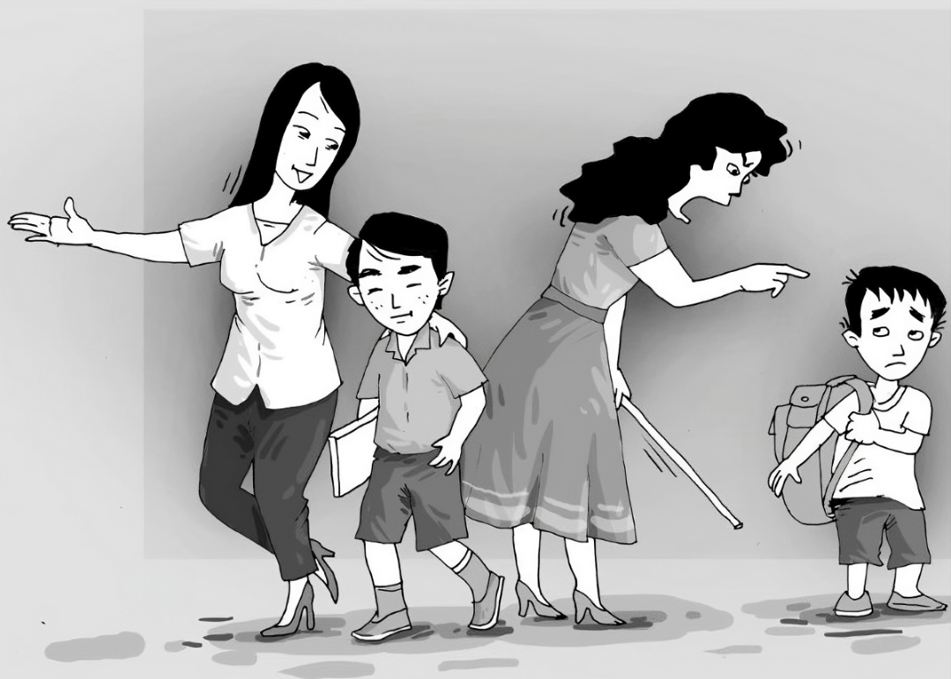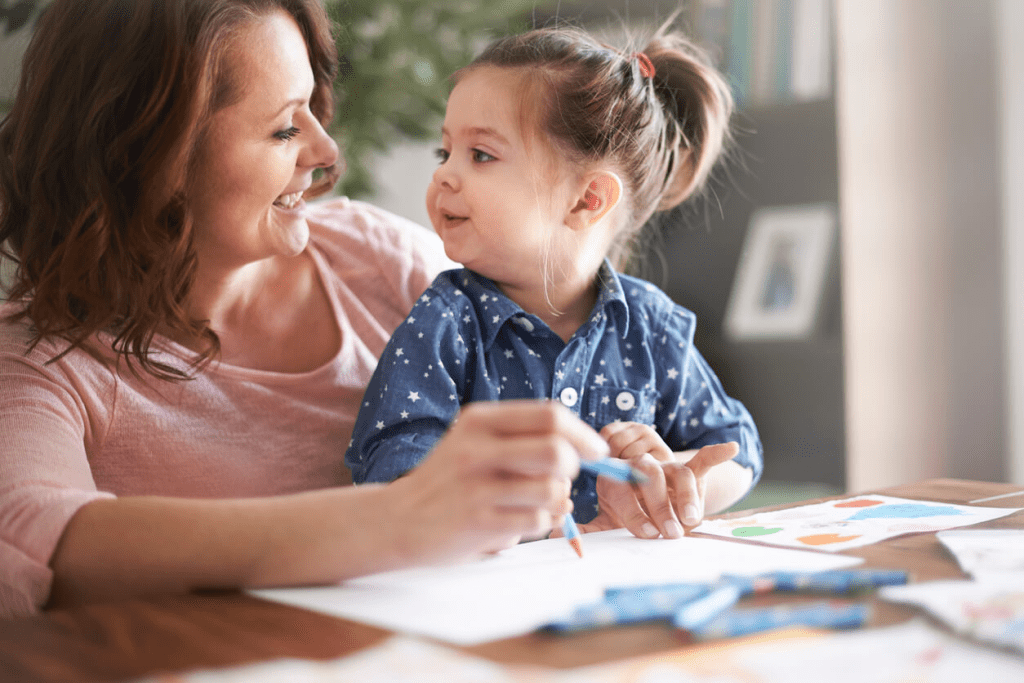When it comes to raising children, everyone has an opinion on what makes a “good” or “bad” parent. But some seemingly well-intentioned parenting habits can actually have negative effects on kids in the long run. Here are six common parenting approaches that might seem beneficial but could actually be doing more harm than good.
1. Avoiding Arguments in Front of Your Kids
Most parents believe that avoiding arguments in front of their children is the best approach to protect them from conflict. After all, no one wants their kids to feel like they’re growing up in a tense or hostile environment. However, research suggests that it’s not the conflict itself but how it’s handled that matters most.
Why It’s Actually Okay to Disagree in Front of Your Kids

Exposing children to healthy conflict can teach them valuable skills for resolving disagreements in their own lives. Seeing parents handle differences with respect, compromise, and understanding can help children develop better social skills and emotional security. It’s essential, though, that these arguments are resolved in a calm and constructive manner. Unhealthy conflict, on the other hand—like screaming matches or physical altercations—can increase a child’s stress and anxiety levels.
What You Should Do Instead
If you need to address an issue with your partner, model a respectful conversation, even if you disagree. Focus on clear communication, listening, and coming to a resolution. This way, your child learns that it’s possible to resolve conflict without hostility.
2. Helping with Homework Too Much
It’s natural to want to help your child succeed in school, and that often means helping them with their homework. However, doing too much can backfire. Studies have found that excessive parental involvement in homework can hinder a child’s academic progress, particularly as they get older.
Why Homework Help Can Be Harmful
When parents consistently assist with homework, it can prevent children from developing the independence and problem-solving skills they need. Additionally, many parents lack a full understanding of the material, which can lead to incorrect answers and further confusion for the child.
What You Should Do Instead
Create a structured environment where homework is a priority, but encourage your child to complete assignments on their own. Offer guidance when they ask for it, but avoid providing direct answers or overstepping. This way, your child learns responsibility and gains confidence in their ability to tackle challenges.
3. Forcing Them to Finish Their Meals
Many parents enforce the “clean plate” rule, believing that finishing every bite of food is essential for their child’s health. However, forcing kids to eat when they’re not hungry can set up unhealthy eating habits and may contribute to weight issues later in life.
Why It’s Okay for Kids to Leave Food on Their Plates
Children are often in tune with their hunger cues, and forcing them to ignore those signals can lead to overeating. Studies have shown that pressuring kids to eat everything on their plates may increase their likelihood of overeating as adults, as they learn to associate eating with pleasing others rather than listening to their own needs.
What You Should Do Instead
Serve appropriate portions and offer a variety of healthy foods. Allow your child to decide when they’re full and respect their decision to stop eating. This fosters a healthy relationship with food and helps them maintain a balanced diet over time.
4. Bathing Them Daily
Daily baths have become the norm in modern parenting, but experts are now saying that frequent bathing might not be the best practice for young children. Over-bathing can strip the skin of natural oils, leading to dryness, irritation, and even eczema.
Why Too Much Cleanliness Can Be a Problem
Bathing too often can weaken the skin’s protective barrier, making children more susceptible to skin issues. Additionally, exposure to certain environmental germs is essential for developing a robust immune system. Over-sanitizing may contribute to allergies and sensitivities as kids grow.
What You Should Do Instead
For young children, a few baths per week is often enough, unless they’re visibly dirty. Focus on areas that need daily cleaning, like hands and face, and let them get a little messy during playtime. As kids reach puberty, daily bathing may become necessary, but for younger children, there’s no need to overdo it.
5. Talking to Babies in Baby Talk

It’s common for parents to mimic their baby’s coos and babbles, thinking it will help them connect. While baby talk may be endearing, using it too frequently can actually delay language development. Babies are trying to learn to communicate, and they rely on hearing proper language structure to do so.
Why It’s Important to Use Real Words
Research shows that children who are spoken to in full sentences from a young age develop better language and communication skills. Baby talk, while cute, doesn’t expose them to the complex vocabulary and grammar they need to learn speech effectively.
What You Should Do Instead
Engage your child in conversations as if they understand you. Use real words, varied vocabulary, and full sentences. Narrate what you’re doing or describe objects around you to expose them to language. This helps build their comprehension and prepares them for clearer communication as they grow.
6. Spending Every Moment with Them
In today’s parenting culture, there’s a lot of pressure to spend as much time with your child as possible. While quality time is important, it’s also essential for children to develop independence and experience time on their own or with peers.

Why Constant Togetherness Isn’t Always Beneficial
Children benefit from time spent with other caregivers, family members, and friends. It helps them build social skills, learn from different role models, and develop a sense of self-reliance. Over-involvement can sometimes lead to children feeling smothered and overly dependent on their parents.
What You Should Do Instead
Encourage your child to engage in independent play, spend time with friends, and explore interests outside of family activities. It’s essential to find a balance between being present and allowing them the space to grow and learn on their own. A healthy sense of independence will serve them well as they develop into adults.
Conclusion: Finding Balance in Parenting
Parenting is a balancing act, and even the best intentions can lead to practices that might not benefit our children in the long run. The key is to approach parenting with an open mind and be willing to adapt as new insights come to light. Embrace conflict as a learning tool, encourage independence, and nurture your child’s natural cues, whether it’s hunger, cleanliness, or curiosity. By fostering these skills, you’re not just preparing them for today—you’re helping them build a foundation for a happier, more resilient future.


